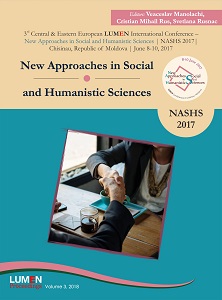Application of Factorial Experiments with Asymmetric Responses for Determine Important Factors Affecting on Production of Dates
Application of Factorial Experiments with Asymmetric Responses for Determine Important Factors Affecting on Production of Dates
Author(s): Bahr Kadhim Mohammed, Meshal Harbi Odah, Ali Sadig Mohommed Bager
Subject(s): Essay|Book Review |Scientific Life
Published by: Editura Lumen, Asociatia Lumen
Keywords: Full Factorial Experiment; Adaptive lasso; Production of Dates
Summary/Abstract: The factorial of experiments assume that the response variable is a distributed one with normal distribution, thus, the dependence of the technique of analysis of variance (ANOVA), assumes the response variable are normally distributed. However, there are many situations where the response variable is non-normal. There are many methods that help us process this problem, the log transformation method for the responses due to the fact that distribution of this responses is non- normal. In this paper we are studying the most important factors affecting the production of the Iraqi dates using factorial experiments. The five factors have been described as the following: (Fertilizers, Dates Type, Number of times vaccinate, Watering the Palm, Pesticides) and each factor has two levels. The ways used to determinate the most important factors are the traditional methods (ANOVA) and adaptive Lasso method for determine important factors. We used program R to analyse the data.
Book: New Approaches in Social and Humanistic Sciences - NASHS 2017
- Page Range: 64-77
- Page Count: 12
- Publication Year: 2018
- Language: English
- Content File-PDF

